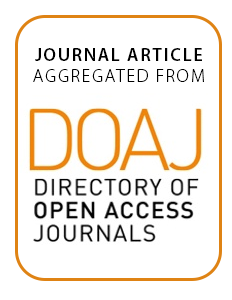The paper presents an empirical study on the use of woody biomass for energy supply in Germany and the federal state of Brandenburg. It aims to explain the role forestry enterprises have for bioenergy provision in this area. The 'Institutions of Sustainability' framework is used as an…
In Germany agricultural land use is very heterogeneous with respect to management orientation and productivity even at local level. Also the rate of structural change shows a wide variation. While for a limited number of factors (e.g. farm size) a stable relation to structural change could be…
Landscapes differ in their capacities to provide ecosystem goods and services, which are the benefits humans obtain
from nature. Structures and functions of ecosystems needed to sustain the provision of ecosystem services are altered
by various human activities. In this paper, a…
The ecosystem approach to fisheries (EAF) has been developed over the last decade in response to perceived and actual deficiencies in previous methods of management. The EAF recognizes that fish are only one albeit important part of a much wider ecosystem incorporating an array of physical…
This study provides an introduction to the right to food and human rights principles in international law, explores the relationship between international fisheries instruments and the right to food and seeks to identify components that are considered important for the implementation of the…
Meeting symbol/code: 26, C 2009/INF/9
This wide-ranging forestry outlook study for Mongolia discusses a broad selection of topics relevant to the future development of forestry in Mongolia. Prospects for industrial development, forest rehabilitation, community-based forest resource management, climate change, policy and…
This paper focuses on the analysis of the right to food from an indigenous peoples’ perspective and addresses the main issues of concern to indigenous peoples that crosscut the right to food. Furthermore, it analyses how right to food is relevant to indigenous peoples and how the implementation…
FAO (Food and Agriculture Organization of the United Nations), Germany, IFAD (International Fund for Agricultural Development), Finland, GTZ (Gesellschaft für Technische Zusammenarbeit), UN-Habitat, World Bank and UNDP, and IPC (International NGO/CSO Planning Committee for Food Sovereignty),…
This publication describes the experience of a number of transition countries in Central and Eastern Europe and the former Soviet Union with crafting regulatory frameworks for irrigation water users’ organizations. It also seeks to distil a number of key regulatory requirements. As a result…
FAO (Food and Agriculture Organization of the United Nations), GTZ (Gesellschaft für Technische Zusammenarbeit) and other development partners are working together with countries to prepare Voluntary Guidelines that will provide practical guidance to states, civil society, the private sector,…


